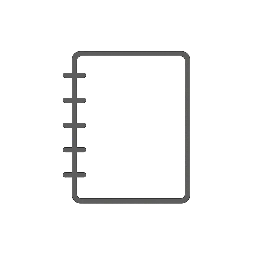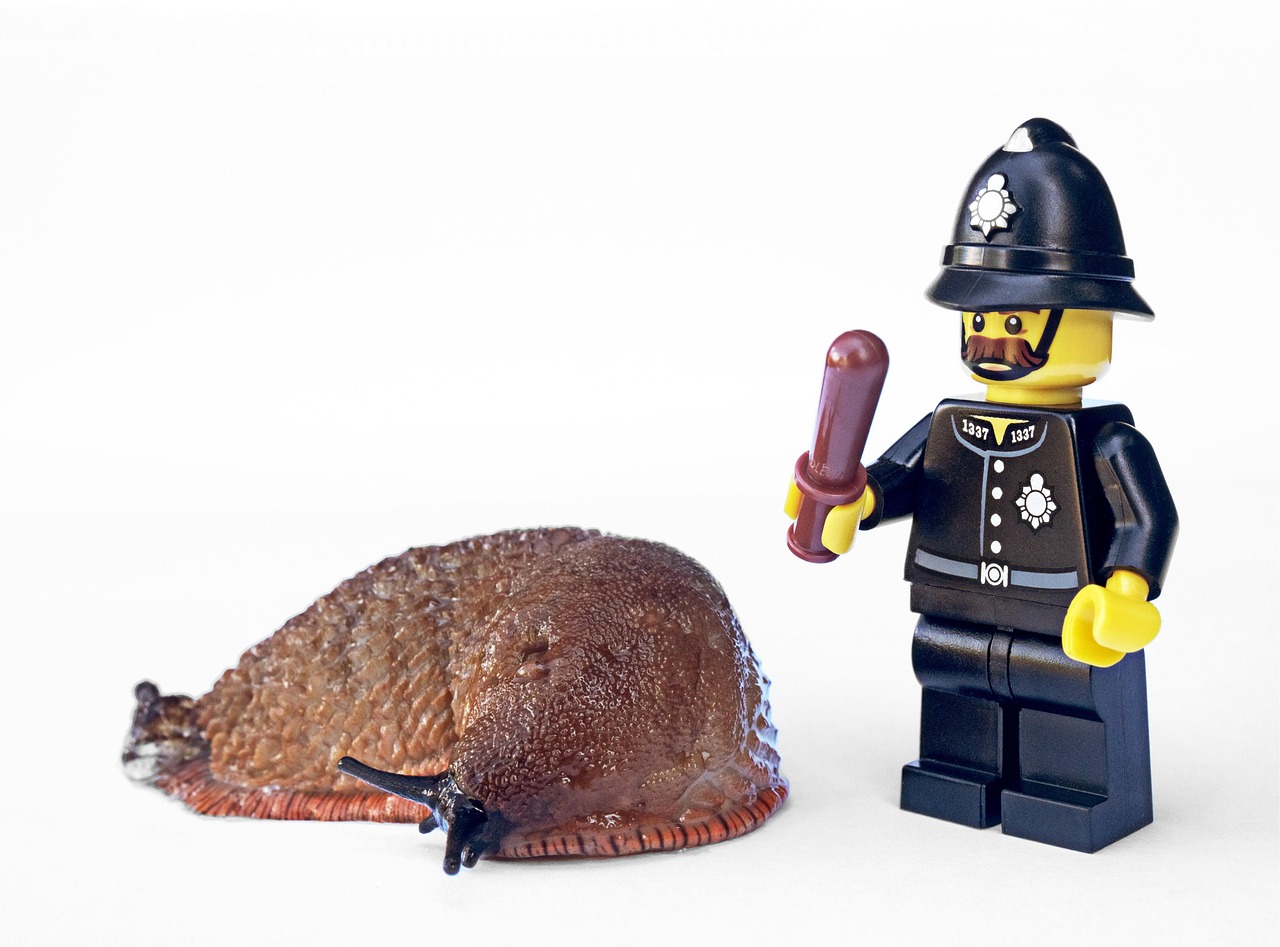Finding the best pest control near me means selecting a service that is reliable, effective, and tailored to your specific pest problem. The best pest control providers combine experience, use current techniques, and offer solutions that protect your home or business year-round. Local expertise is essential because understanding the area’s climate and pest behavior leads to better results.
Many reputable companies offer a range of services, from targeted treatments for insects and rodents to humane wildlife removal. Reviews and professional credentials like accreditation help identify trustworthy options. Choosing a service that prioritizes safety for your family and the environment is also important in making the right decision.
How to Choose the Best Pest Control Near Me
Selecting the right pest control service requires examining specific company qualities, asking targeted questions, and recognizing warning signals. Understanding guarantees can also ensure the service meets expectations and protects the customer’s home effectively.
Key Qualities of Local Pest Control Companies
Experience matters when handling pest issues. A company with years of service is more likely to understand different infestations and apply effective, targeted treatments.
Licensing and certification are essential. They confirm the company follows safety and industry regulations, protecting both residents and pets.
Services should include inspection, treatment, and follow-up. A comprehensive approach ensures complete eradication and prevents recurrence.
Reviews from local customers provide insight into reliability and effectiveness. High ratings and positive feedback usually indicate professionalism and quality service.
Questions to Ask Before Hiring
What pests does the company specialize in? Pest problems vary, so ensuring expertise in the specific pest is important.
Are the treatments safe for children and pets? Customers should confirm the types of chemicals used and available non-chemical alternatives.
How long is the treatment process, and are follow-up visits included? Knowing the timeline helps plan and sets realistic expectations.
Does the company provide written estimates and treatment plans? Clear documentation protects both parties and clarifies what to expect.
Red Flags to Watch For
Unlicensed companies or those unwilling to provide proof of credentials should be avoided.
Pressure tactics or demands for upfront, full payments can indicate a scam or poor customer service.
Lack of transparency about chemicals used or refusal to answer questions suggests hidden risks.
No written contract or vague service agreements often lead to misunderstandings and poor outcomes.
Understanding Service Guarantees
A solid service guarantee protects against recurring pest problems after treatment.
Some companies offer free retreatment within a specified period if pests return, which shows confidence in their methods.
It’s important to read the guarantee terms carefully. Restrictions on pests covered or time limits should be clear.
Guarantees vary in length and coverage, so comparing options ensures the best value and protection.
Types of Pest Control Services Offered
Effective pest control involves tailored approaches depending on the environment and specific pest issues. Services vary in methods, frequency, and target pests. They generally focus on protecting human health, property, and maintaining safety standards.
Residential Pest Solutions
Residential pest control targets common household pests such as ants, rodents, termites, bed bugs, and mosquitoes. Treatments often include inspections, identification, and customized plans to eliminate infestations and prevent recurrence.
Technicians apply treatments that prioritize safety for residents, pets, and food areas. Integrated Pest Management (IPM) techniques are common, combining chemical, biological, and physical methods. Regular monitoring and maintenance are critical to sustaining a pest-free home.
Service frequency varies based on pest type and infestation severity. Homeowners can expect services like seasonal treatments, termite barriers, and rodent traps. The goal is to minimize health risks and property damage while maintaining comfort.
Commercial Pest Management
Commercial pest control serves businesses, warehouses, restaurants, and office buildings. It focuses on compliance with health codes, preventing contamination, and protecting brand reputation. Pest pressures in these environments can be more complex than residential.
Technicians use methods tailored to the business type, including large-scale baiting, exclusion methods, and routine inspections. Documentation and reporting are often provided to meet regulatory requirements.
Common targets include rodents, cockroaches, flies, and stored product pests. Solutions include customized pest control programs, monitoring devices, and training for staff to identify and report early signs of infestation.
Eco-Friendly Treatments
Demand for eco-friendly pest control has increased due to environmental concerns and stricter regulations. These treatments prioritize reducing harmful chemicals while effectively managing pests.
Approaches may involve botanical insecticides, biological controls like beneficial insects, and mechanical traps. Such methods reduce chemical residues and minimize impact on non-target species.
Eco-friendly pest control often integrates preventive measures, habitat modification, and education. Providers typically combine these treatments with traditional methods when needed, balancing efficacy and sustainability. This approach is especially important for sensitive environments and families seeking safer pest management.









Leave a Reply